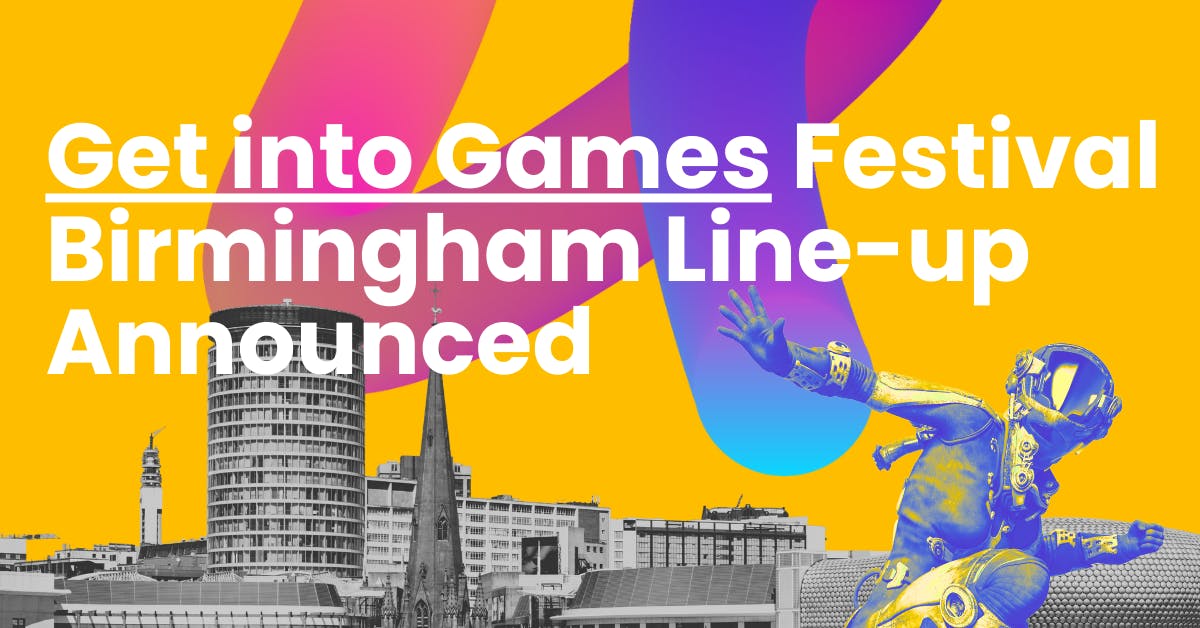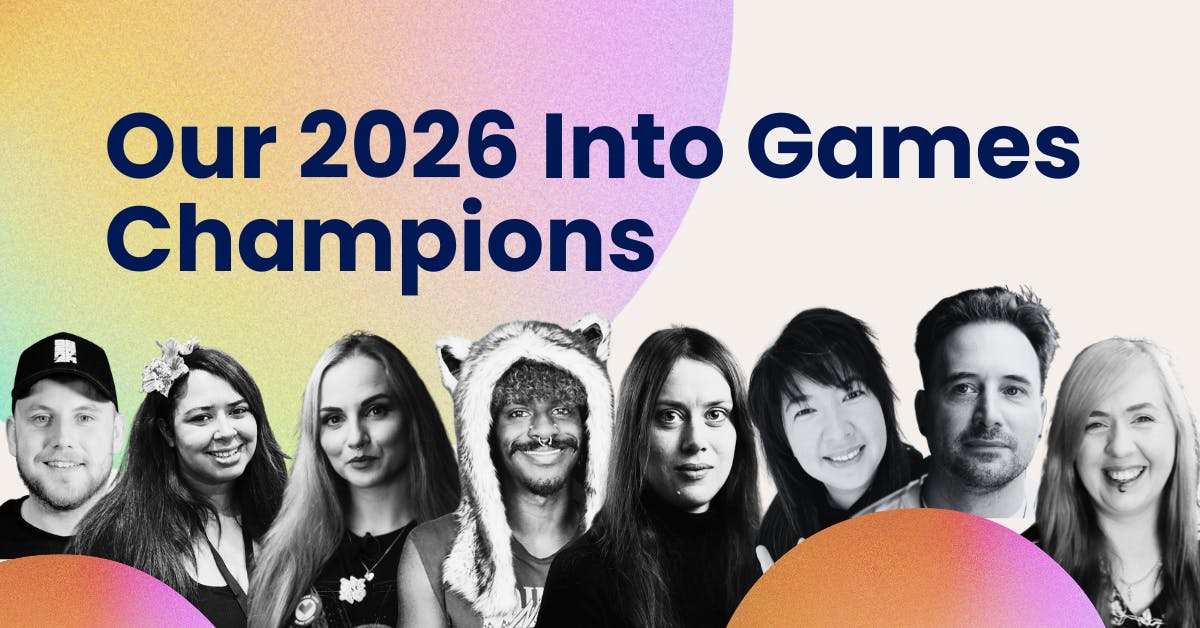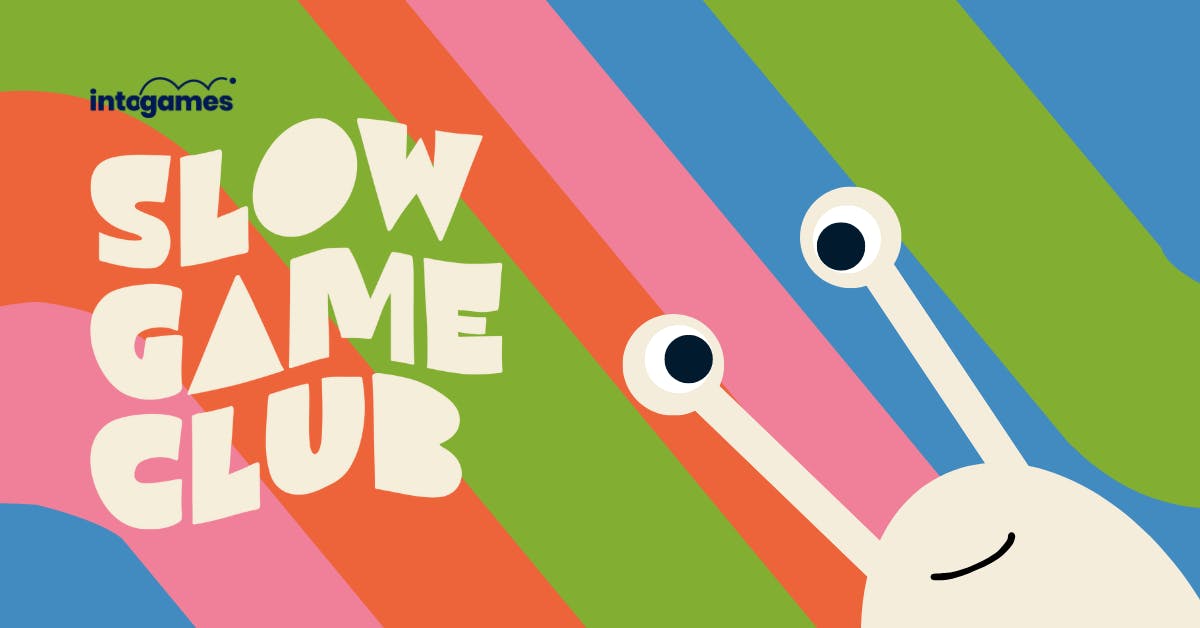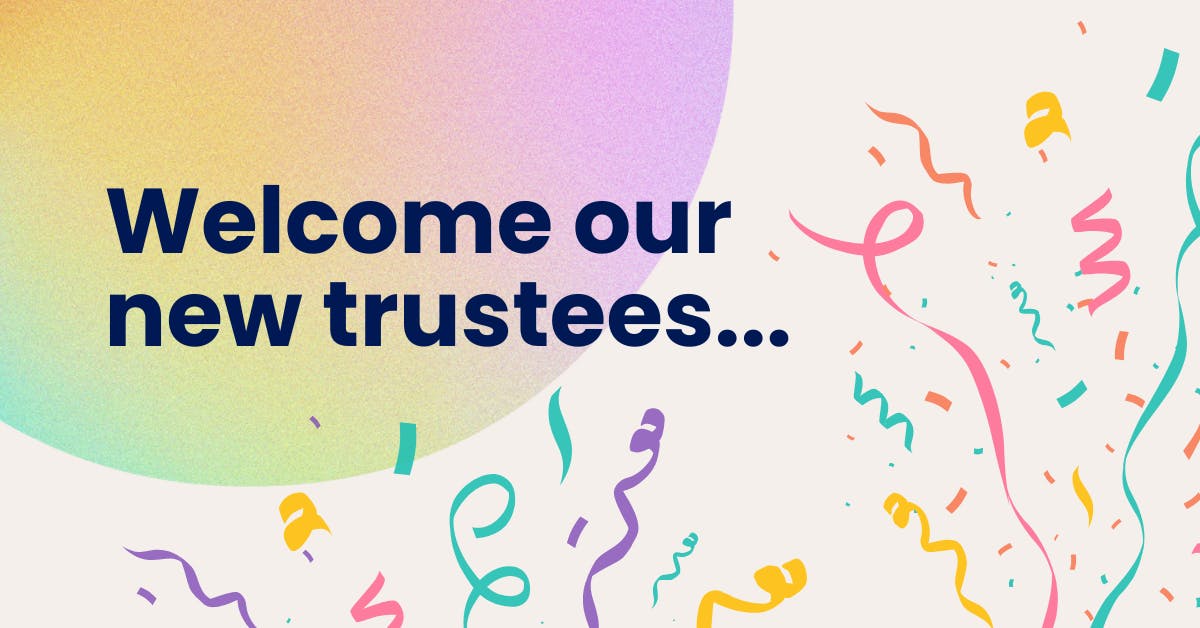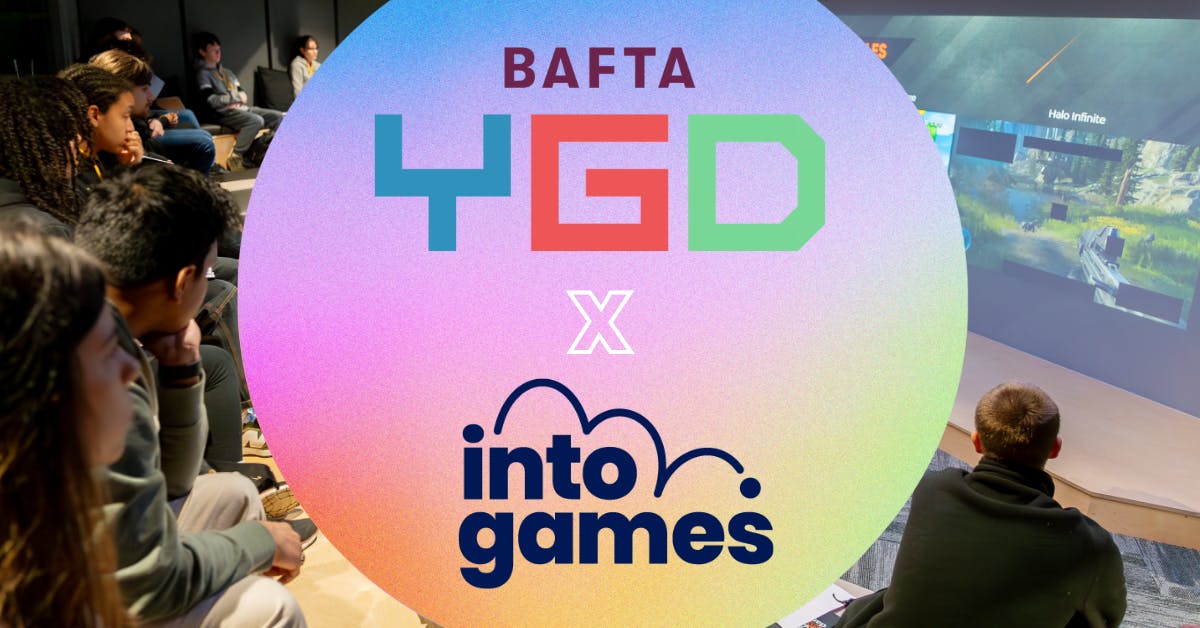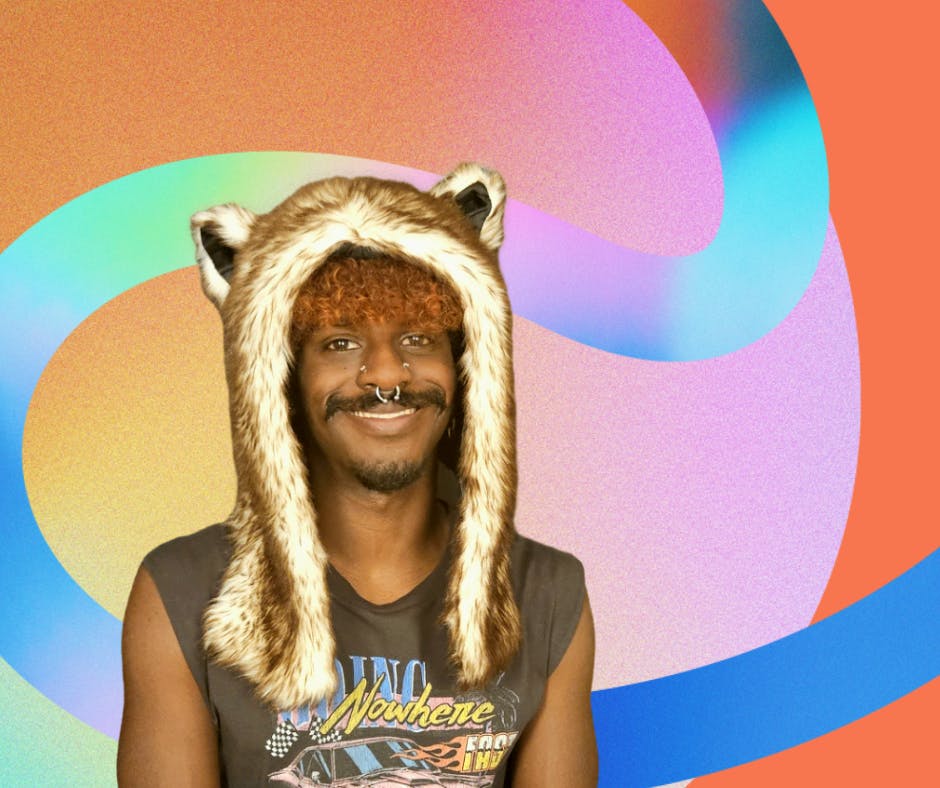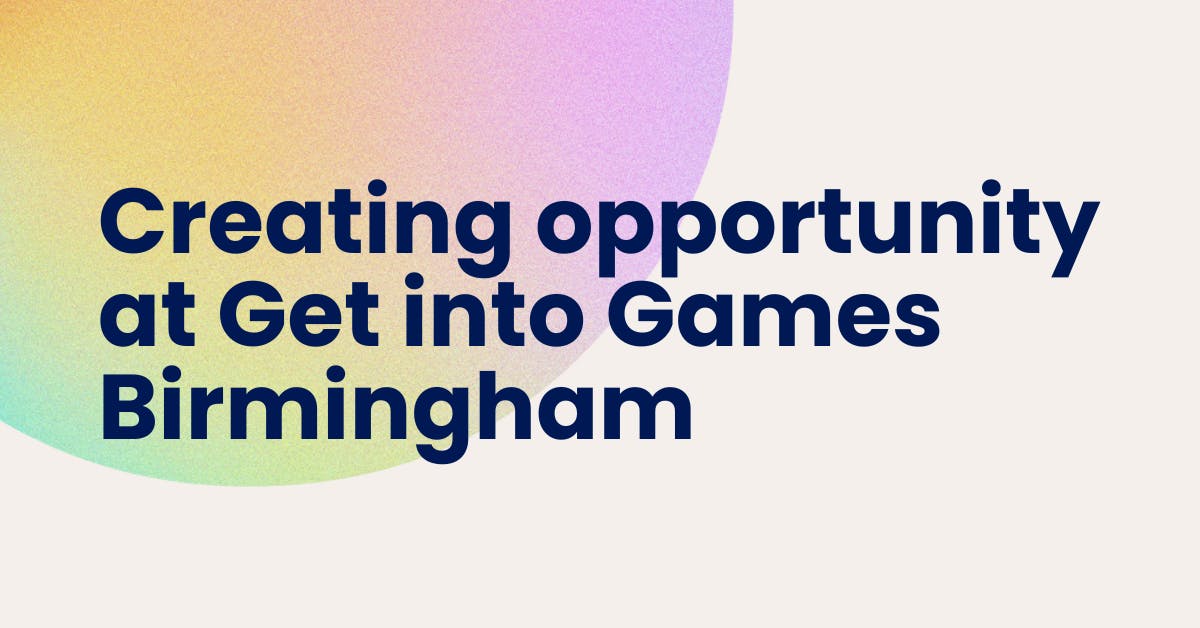
18 August 2020
What does a Gameplay Designer in games do? Interview with Karoline Forsberg, nDreams

Karoline Forsberg is the Senior Gameplay Designer for the award-winning VR game company nDreams. Despite a few hurdles, Karoline has always known that she was destined to be a game designer, proving passion and determination is the key to success. We asked Karoline, some key questions about getting into the games sector.
Explain your role like I'm 5 years old
I usually try to explain the Game Designer’s role as someone who puts the pieces together and make the gaming “fun”. When you play a game, the artists have made all the amazing characters and environment that you see, the coders have probably built the framework that makes it works.
The designers, on the other hand, have decided how the level is going to look like, where the enemies are going to be, what weapons you might find, how good different weapons are etc. In the design field, there is a lot of different focus area. Some designers focus more on making the world a cool place to explore, some designers focus on telling the story and writing dialogues.
Being a gameplay designer however focuses on the gameplay, like puzzles, objectives and systems to interact with for the player.
Take us through your average day at work
Every day looks so different. It can be everything from a lot of meetings where we in design discuss and plan how to design certain system or features for the game. It can be writing high-level design documentation or working on hands with the engine and scripting.
What was your educational and career journey into your current role?
My path to where I am today hasn’t been a straight line. Instead, I have been jumping from one place to another always striving to reach my end goal, to be a game designer. I started my career in the game industry in a smaller town in Sweden called Skövde. I had moved from the capital to Skövde to studying computer science with a focus on Game Design.
During my time at the university, I got the chance to work on some smaller games. Once I completed my bachelor’s degree in computer science, I moved to California to start an internship for a smaller company making Facebook games. It was an unpaid internship, but I took my chances anyway since I really wanted to learn how to make games and it was a good opportunity. The company was, unfortunately, unable to keep me after my internship ended due to finances. This lead me back to Stockholm where I started to work at Ericsson’s IT department but my dreams of being a game designer was still with me.
After a couple of months at Ericsson a landed a job at a quite small game company called Pixel Tales. During my time at Pixel Tales we grew a lot and became Star Stable Entertainment. I worked on games at Star Stable Online over 5 years before I moved to Farnborough in England where I am today, working for nDreams and developing VR games.
What is the most rewarding thing about your role?
To make awesome gaming experiences for my players. To make something that other people enjoy and love. It is so rewarding when you have been working on something and you read a review or a player talking about what you have been working on and how much fun they had playing it.
What's the hardest thing about your role?
As a designer, you tend to work a lot with the other disciplines in game development. It can also depend on what company you are working at, but in my experience as a designer, you usually work closely with other designers. You also work closely with QA, producers, art, code, animation and even sound.
What key skills and tools should people learn to do your role one day?
The tools that I have been using have varied depending on what company I have been working for. But two quite common game engines that people work with within the industry are Unreal and Unity.
Some of the key skills you will need:
Understand people and be able to put yourself in other people’s shoes. Ask yourself, what will my target audience like?
Understand different levels of game design like systems and level design.
Have some knowledge and insights in other disciplines areas. It has been a real strength for me to have some knowledge and understanding of what art, code, animation and sound does and how they work.
Understand scripting.
Be helpful and cheerful. A lot of game development is teamwork, to help and support the other people in your team.
What advice would you give to your younger self looking to get started in the industry?
Never take anything personally. The players will probably both love and hate the things that you develop, and you must learn that not everyone will like the things that you do, and that is okay. I would also say that it can take quite some time to really understand and learn your target audience, especially if you don’t belong to that group. This is something that I also love with this job, to try to understand and put myself in other people’s shoes. Because at the end of the day I am developing this game for my audience and my players.
Do you have any links to good articles or videos that you think might give some tips or advice to someone starting in your role?
For anyone who wants to work with games, I would say:
First off, start thinking about what you want to do. When it comes to developing games there are a lot of areas that you can work with. Everything from design, art, code to animation.
Start looking into game development tool such as Unreal or Unity. There are a lot of free tutorials that you can find on YouTube about these engines.
Stay determined. It takes time to both learn something new and that is okay. Start and keep practising. Believe in yourself. This might sound cheesy, but I do believe that it matters.
In terms of resources, I would recommend Udemy, they have a lot of courses that are good and affordable:
Udemy
I can also recommend checking out previous GDC (Game Developer Conference) talks, they are super interesting, and you can learn a lot from them:
GDC YouTube Channel
Stay up to date
It's time to level up your inbox
Pick which newsletters you're interested in receiving, and customise further by specifying a discipline.
Join our mailing listTell me more
